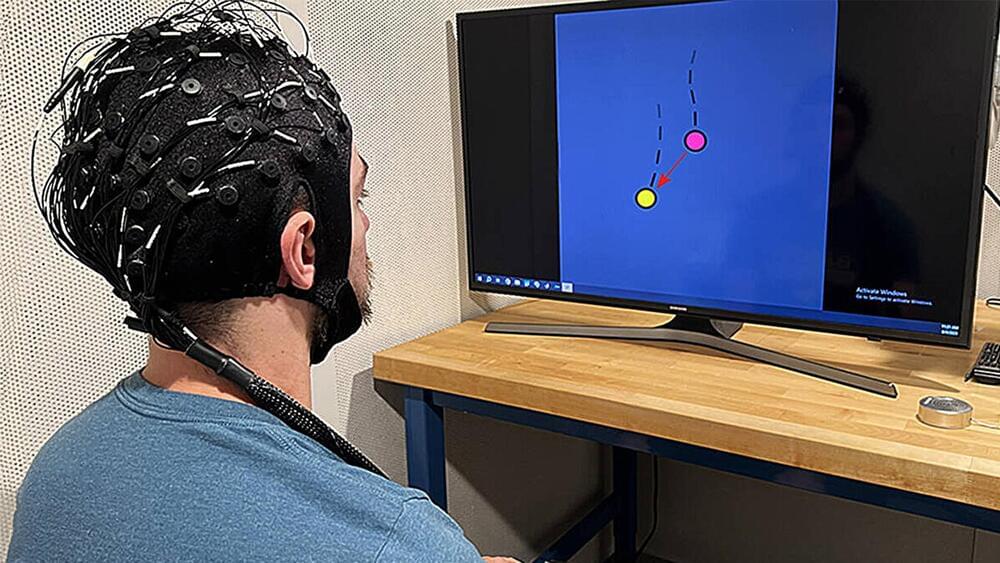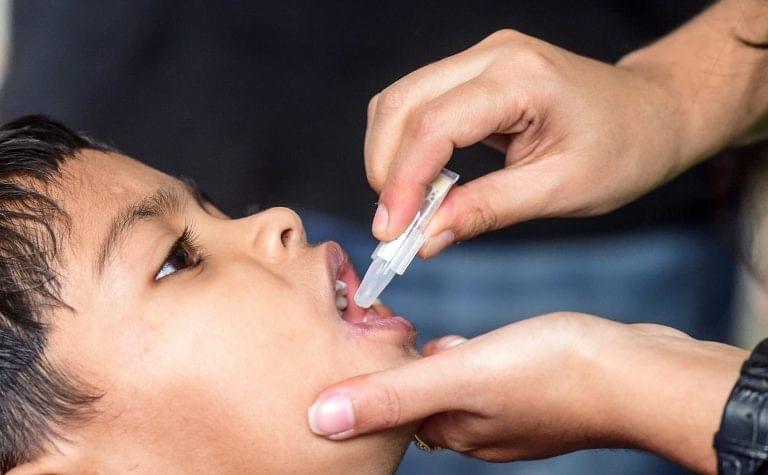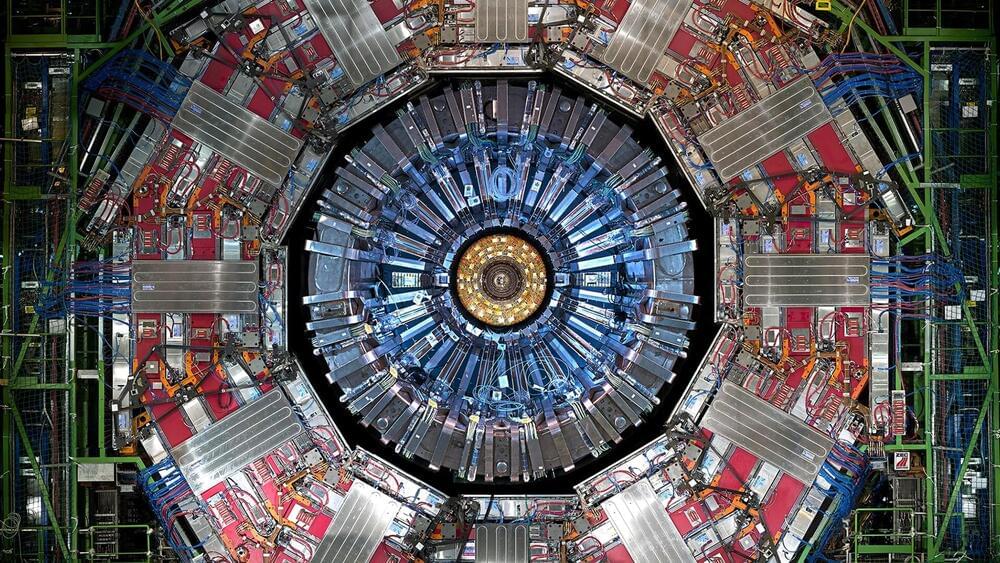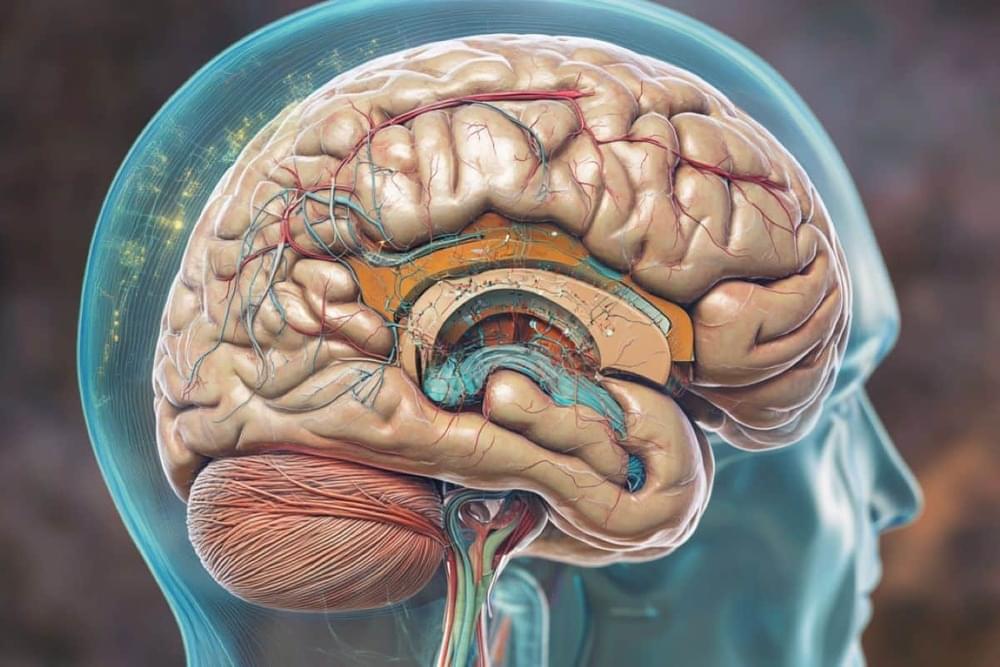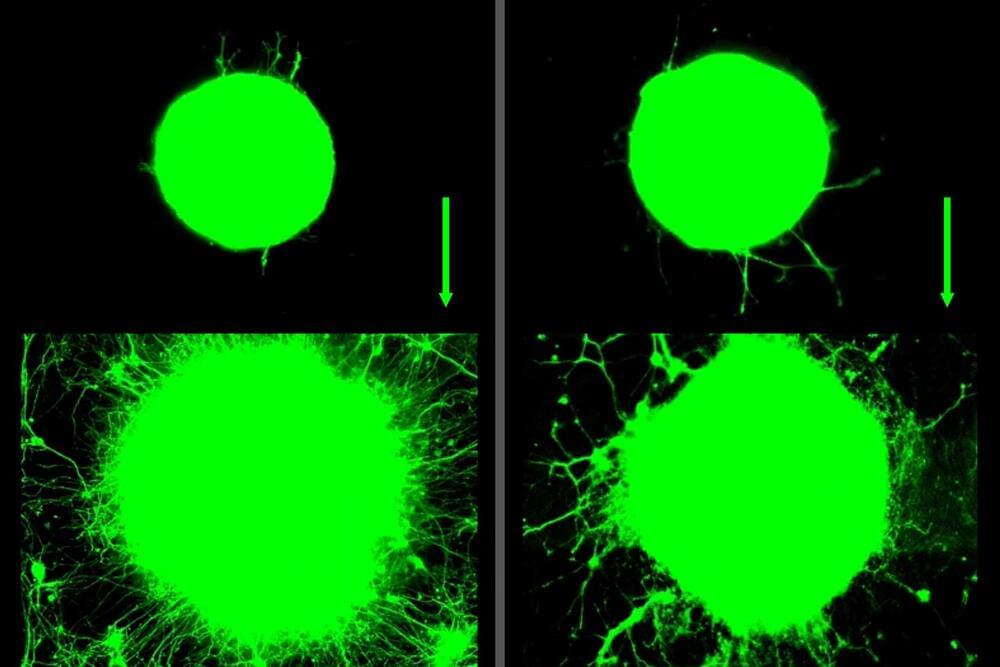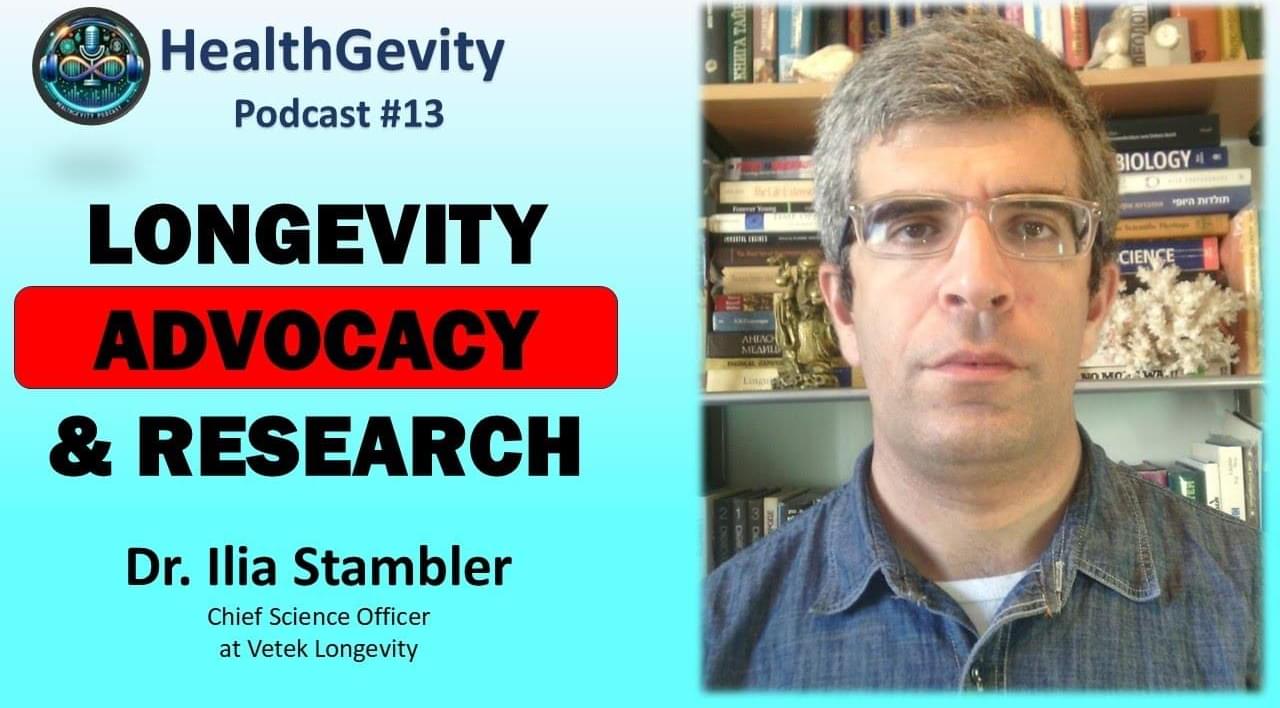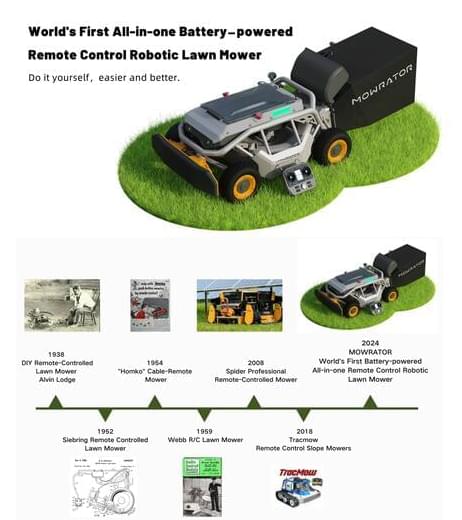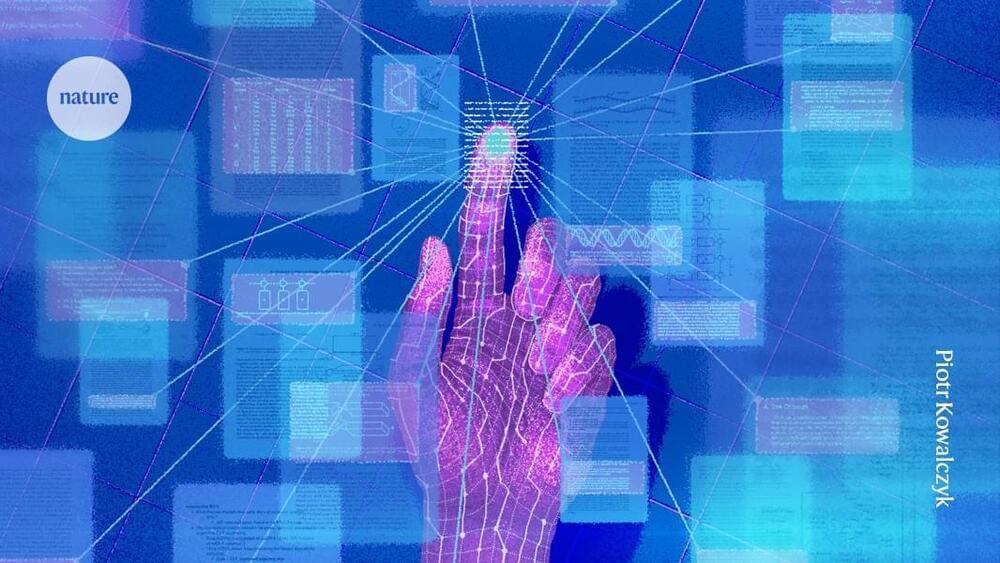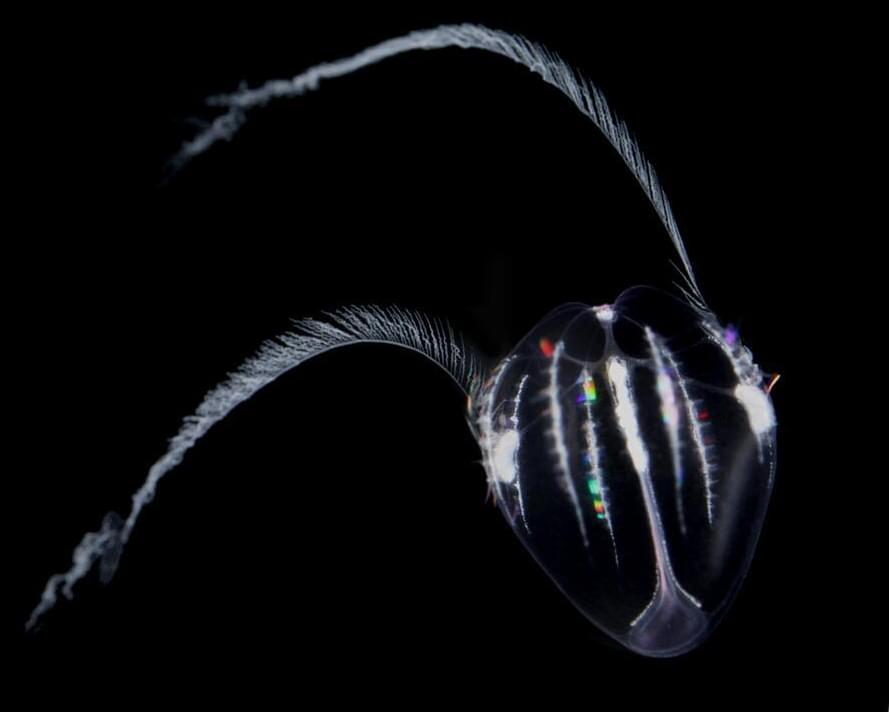Nov 14, 2024
AI-powered non-invasive BCIs to help you control objects by thought
Posted by Shubham Ghosh Roy in category: robotics/AI
Non-invasive BCIs let you harness tech benefits and enhance cognition without implanting a brain chip.
The problem with conventional non-invasive BCIs is that they are not as accurate as invasive BCIs. They collect data using external sensors that are not in direct contact with brain tissues, and any disturbance in a user’s surroundings could affect their function.
Continue reading “AI-powered non-invasive BCIs to help you control objects by thought” »
